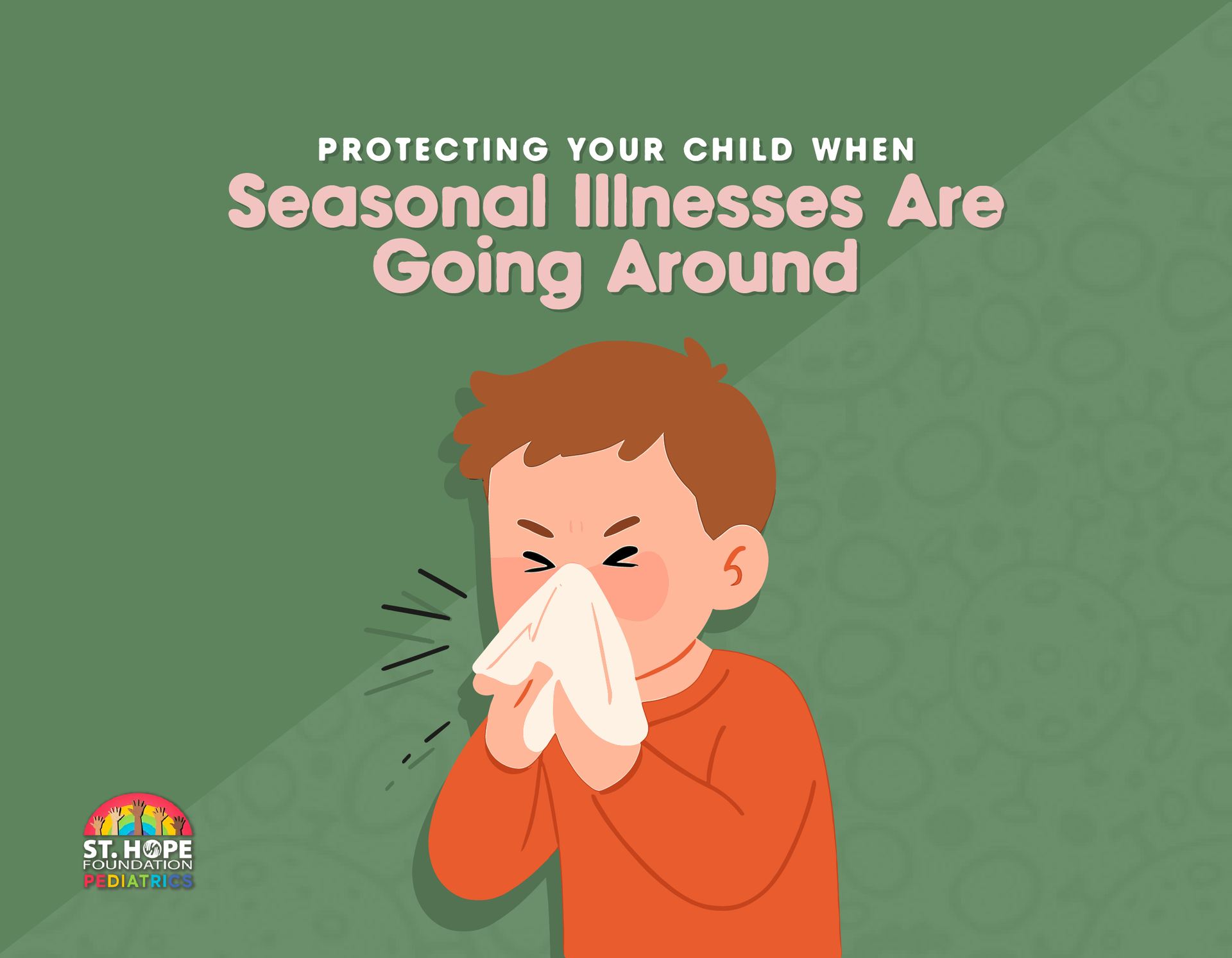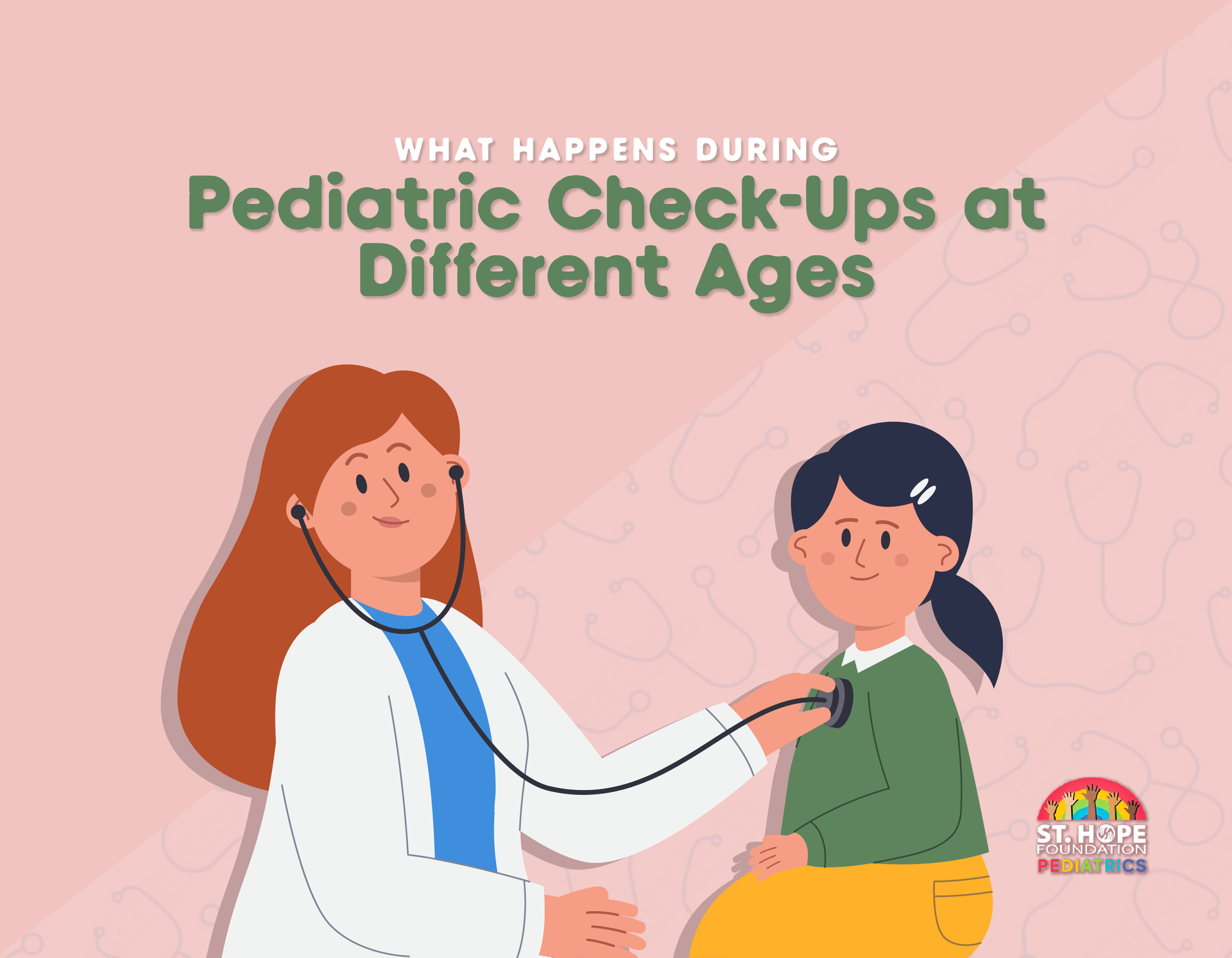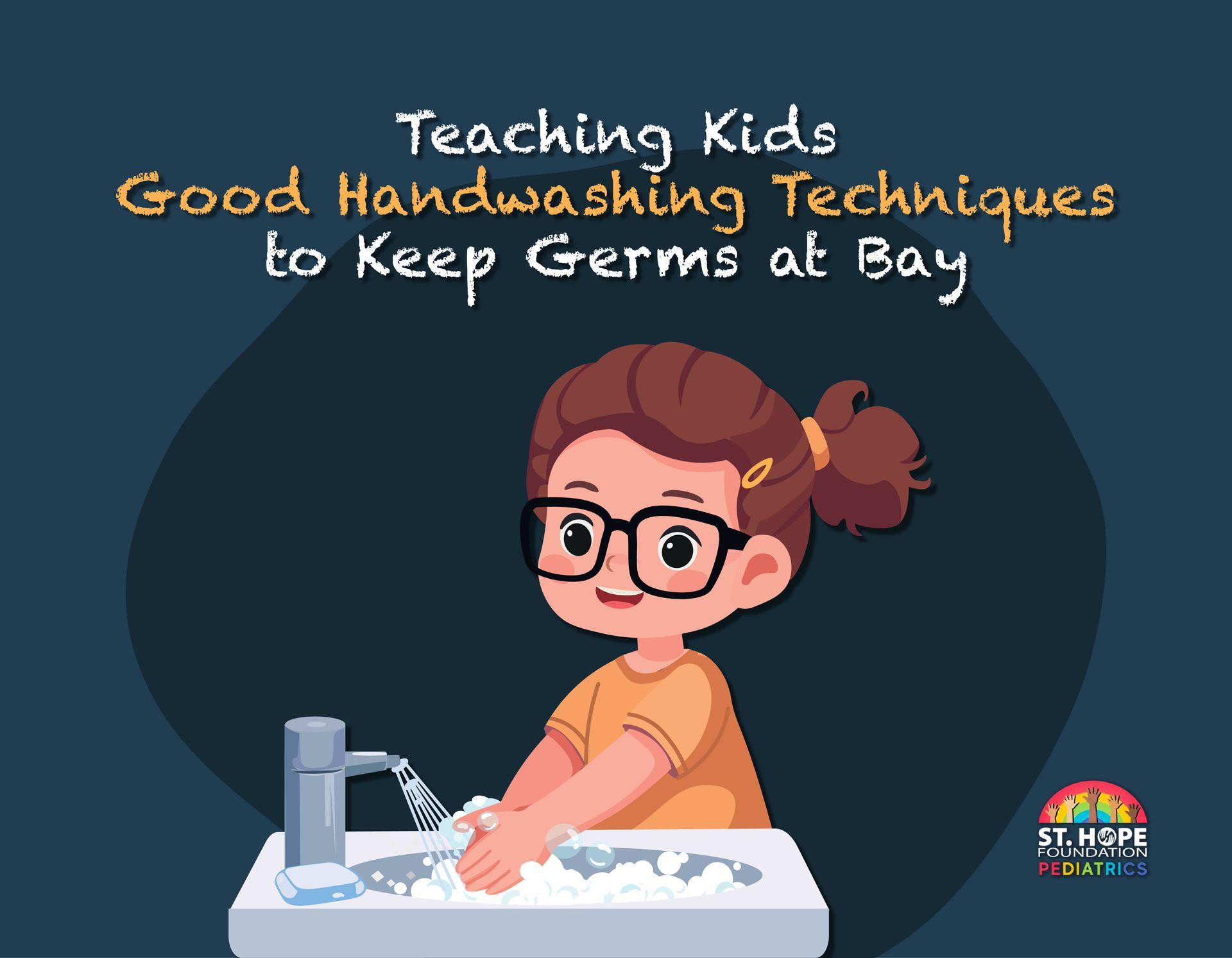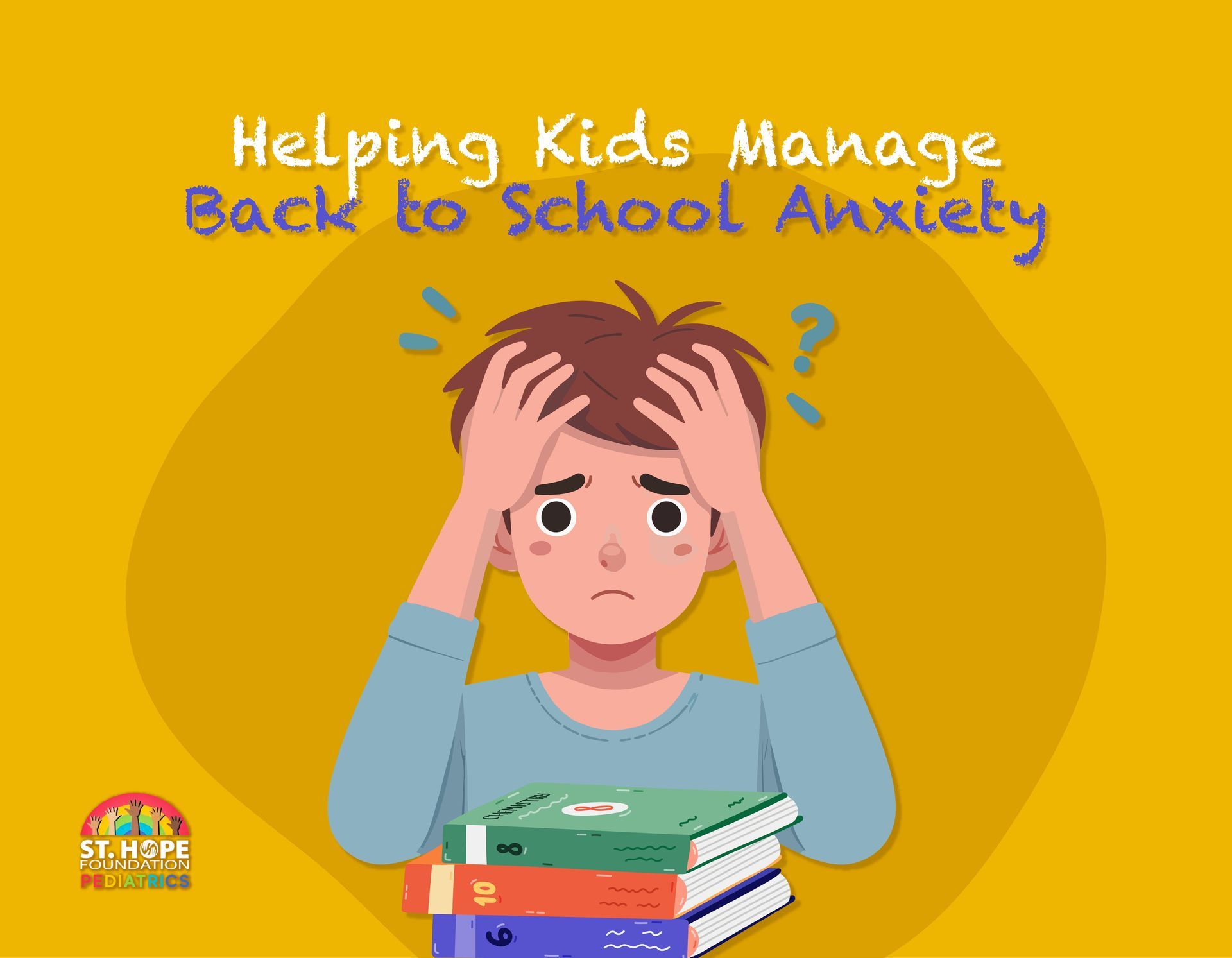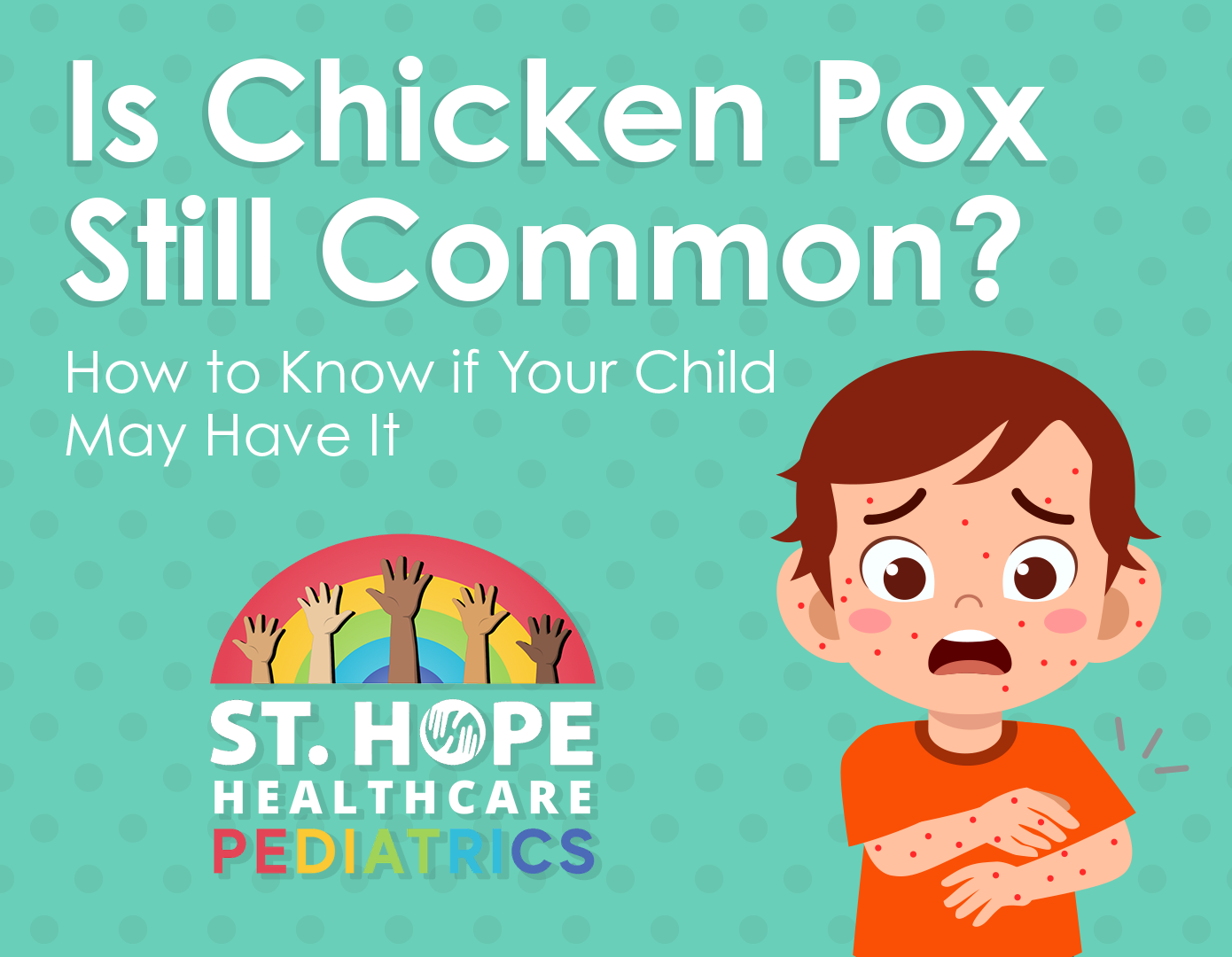
Millennials born in the ‘80s or early ‘90s are likely the last generation to experience the rite of passage that was chickenpox. Chickenpox used to be a common viral disease in the United States but it is currently rare thanks to the chickenpox vaccine.
The vaccine was licensed in the U.S. in 1995, after which the Advisory Committee on Immunization Practices (ACIP) quickly recommended its addition to the standard childhood immunization schedule. After the recommendation states began adding it to their list of required vaccines for public school attendance.
Despite widespread use of the vaccine for nearly three decades, it’s still possible for both children and adults to contract and spread the virus through direct contact with the chickenpox rash as well as via airborne droplets when an infected person sneezes or coughs.
If you suspect your child has contracted chickenpox, be sure to see a doctor who can provide a proper diagnosis, prescribe appropriate medications and recommend appropriate care.
What Is Chickenpox?
Chickenpox is a viral infection that results in high fever and an unsightly and itchy rash consisting of fluid-filled blisters. These blisters typically start on the belly and back and spread all over body, including the face, scalp, mouth and genitals.
Chickenpox in children typically lasts for about seven to ten days, although the duration can vary from person to person. Generally, the older a person is at the time of contracting the virus, the longer the illness may last. Older children and adults are more likely to experience severe symptoms and complications compared to younger children.
Your child can get chickenpox at any time of the year; however, the virus tends to be more prevalent in late winter and early spring. In Houston where the weather is less variable, chickenpox generally occurs more evenly throughout the year without a distinct peak period.
Symptoms of Chickenpox
Chickenpox symptoms usually appear ten to 21 days after exposure to the virus and include:
- Fever
- Headache
- Tiredness and irritability
- Loss of appetite
- Sore throat
- Itchy and red rash with fluid-filled blisters
The rash changes over the course of the disease and goes through three distinct phases:
- Raised bumps that appear and spread over a few days.
- Fluid-filled blisters that eventually break and leak.
- Scabs that form from the broken blisters and take a few days to fall off and for the skin to heal.
As new bumps continue to appear, your child’s skin may be covered in a combination of red bumps, itchy blisters and scabs. Try to keep your child from scratching or picking at the blisters, as this can lead to potential complications such as secondary bacterial infections or scarring.
How to Alleviate Chickenpox Itching
To help alleviate the itching, you can give your child oatmeal baths by adding colloidal oatmeal to their bathwater.
Some additional tips to alleviate your child’s discomfort include:
- Keeping the skin clean: Gently cleanse your child's skin with mild soap and lukewarm water. Avoid scrubbing or rubbing the affected areas, as this can further irritate the skin.
- Trimming nails: Keep your child's nails short and encourage them to avoid scratching the blisters. Scratching can introduce bacteria into the skin, leading to infections. If necessary, you can consider having them wear cotton gloves or mittens to prevent scratching, especially at night.
- Applying Calamine lotion: Calamine lotion can provide relief from itching and help dry out the blisters. Apply it gently on the affected areas following the product instructions.
- Applying cool compresses: Apply cool, damp compresses to the itchy areas for short periods of time to provide temporary relief.
When to Call a Doctor
Most children with chickenpox don’t need medical intervention or special treatment. Home remedies like staying in bed, taking over-the-counter medicines like Tylenol or ibuprofen to reduce fever and applying pain-relieving lotion on the skin are enough to manage your child’s symptoms.
However, if your child’s fever persists, becomes very high or they’re experiencing severe discomfort despite attempts at soothing their symptoms, you should see a doctor.
You should also call your pediatrician if your child:
- Is vomiting
- Appears very ill
- Is confused
- Has a stiff neck
- Shows signs of skin infection (the rash leaks puss and the skin is red and swollen)
- Has trouble waking up
- Has trouble breathing
Chickenpox Prevention
Chickenpox can be prevented with the chickenpox vaccine (also known as the varicella vaccine). The vaccine schedule consists of two doses administered a few years apart. It’s recommended children get the first shot as soon as the turn one and the booster shot when they’re four to six years old.
If your child has already had chickenpox, they generally don’t need the vaccine, as they’ve likely developed immunity to the virus.
Is Your Child Feeling Ill? Get a Same-Day Sick Visit at St. Hope in Houston
If your child has fallen ill, you can count on St. Hope Healthcare’s pediatric team to be there. We offer same-day sick visits to treat a variety of illnesses and symptoms, including persistent fever, itchy rash, dehydration and labored breathing.
To schedule a same-day appointment and ensure your child gets the urgent care they need, call (713) 778-1300.

